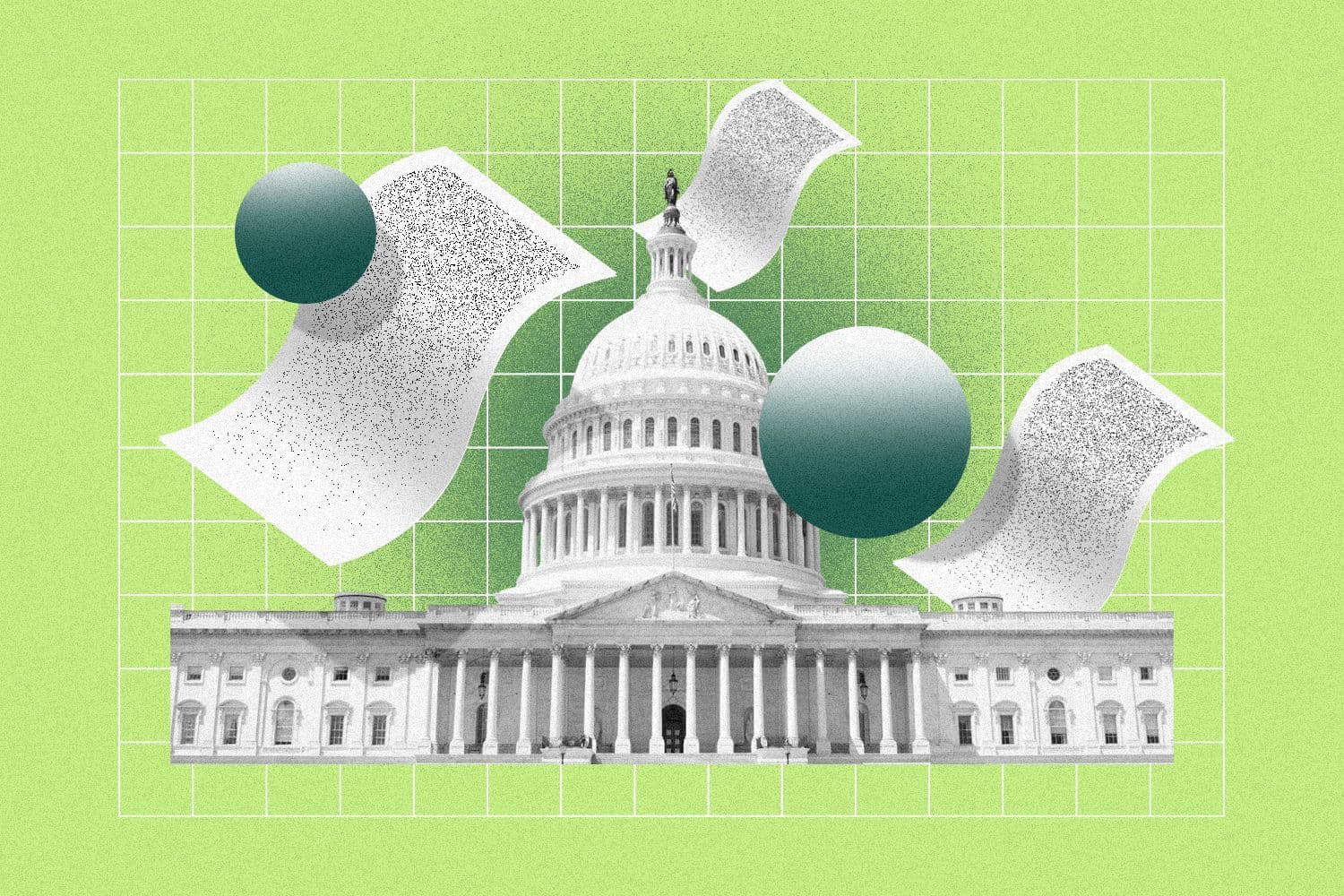Legislative lowdown: Wildfire smoke protections take effect in Washington State
Washington is the third state to mandate wildfire smoke protections in workplaces, after Oregon and California.

Francis Scialabba
• 3 min read
Courtney Vinopal is a senior reporter for HR Brew covering total rewards and compliance.
New rules intended to protect workers from wildfire smoke took effect in Washington State on Jan. 15. The legislation comes on the heels of one of the worst wildfire seasons in the state’s history, with 1,884 fire-starts recorded—the second-highest annual level in Washington’s history.
The permanent wildfire smoke rules build on emergency measures that were adopted in June 2022 by Washington State’s Department of Labor and Industries (L&I). Certain workplaces are exempted from the regulations, including “enclosed buildings or structures” where openings such as windows and doors are kept closed most of the time, as well as “enclosed vehicles” with proper air filtration.
Washington State employers covered by the rules must monitor air quality in their workplaces by tracking “PM2.5” levels, which measure the concentration of “fine particulate matter” in the air. In addition to tracking air quality, they’re required to do the following, per the L&I department:
- Develop a “written wildfire smoke response plan” that covers how to inform employees when PM2.5 exceeds certain levels and communicate symptoms associated with smoke exposure, as well as measures workers can take to reduce their exposure.
- Give employees information and training about wildfire smoke at least once a year.
- “Prepare a two-way communication system” so workers have access to information about wildfire smoke conditions, and are able to communicate with their employers about air quality, access to “exposure control measures” such as respirators, and smoke exposure symptoms.
- Make provisions in advance to ensure employees who show symptoms of wildfire smoke exposure have access to “prompt medical attention.”
Covered employers are required to provide enhanced protections to workers as air quality levels worsen. When the air quality index (AQI) reaches anywhere from 69 to 100, for example, employers must “ensure only trained employees work outdoors,” as well as consider providing respirators for voluntary use.
The L&I department stresses that employers can’t retaliate against employees for reporting symptoms of wildfire smoke exposure or for seeking medical attention.
Washington is the third state to mandate wildfire smoke protections in workplaces, after Oregon and California, which took steps to do so in 2022. Currently the Occupational Safety and Health Administration has no guidelines regulating wildfire smoke at the federal level, though the agency did issue an alert last June urging employers to develop plans for protecting workers from hazards associated with poor air quality.
Quick-to-read HR news & insights
From recruiting and retention to company culture and the latest in HR tech, HR Brew delivers up-to-date industry news and tips to help HR pros stay nimble in today’s fast-changing business environment.
Quick-to-read HR news & insights
From recruiting and retention to company culture and the latest in HR tech, HR Brew delivers up-to-date industry news and tips to help HR pros stay nimble in today’s fast-changing business environment.